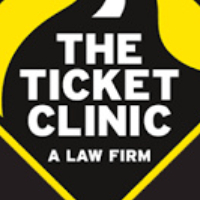Aripeka Felony Lawyer, Florida
Sponsored Law Firm
-
 x
x

Click For More Info:
-
Law Office of Mark S. Guralnick
55 Madison Avenue 4th Floor Morristown, NJ 07960» view mapCriminal Defense Law Dedicated. Fearless. Successful.
Mark S. Guralnick and his legal team have helped clients throughout the USA and across the world by applying unparalleled dedication and hard work to each case.
800-399-8371
Robert Allen Morris
✓ VERIFIEDCriminal, Felony, Misdemeanor, DUI-DWI, Divorce & Family Law
Robert A. Morris, Jr. has been practicing law in Hernando County since 1991 when he started his career as an Assistant State Attorney for the Fifth Ju... (more)
FREE CONSULTATION
CONTACTFREE CONSULTATION
CONTACTFREE CONSULTATION
CONTACTAnnamaria Farrell
Real Estate Other, Immigration, Felony, Personal Injury, Accident & Injury
Status: In Good Standing Licensed: 10 Years
Betty Frances Thomas
Real Estate, Divorce & Family Law, Felony, Business
Status: In Good Standing Licensed: 12 Years
 Mark Guralnick Morristown, NJ
Mark Guralnick Morristown, NJ AboutLaw Office of Mark S. Guralnick
AboutLaw Office of Mark S. Guralnick Practice AreasExpertise
Practice AreasExpertise



